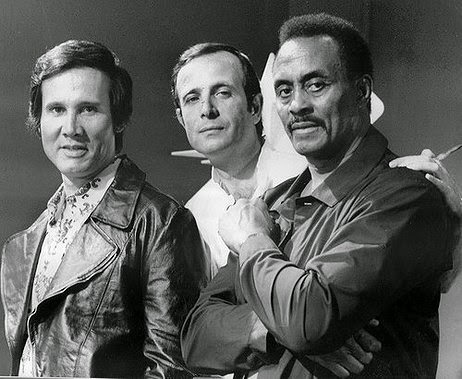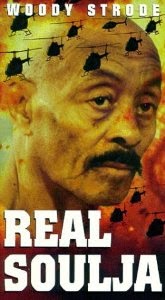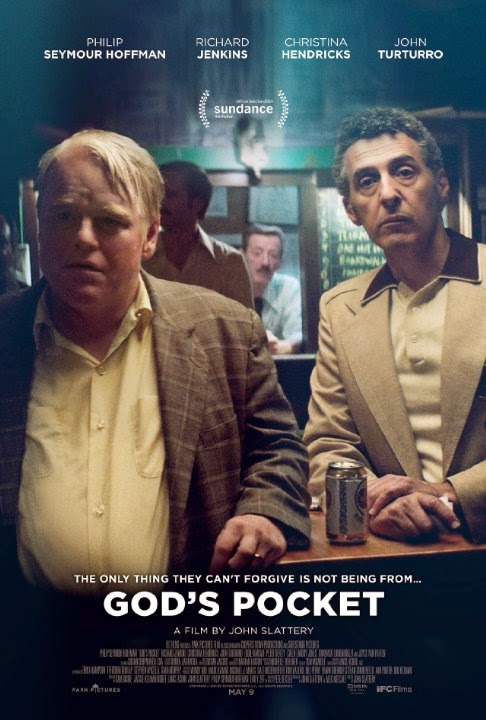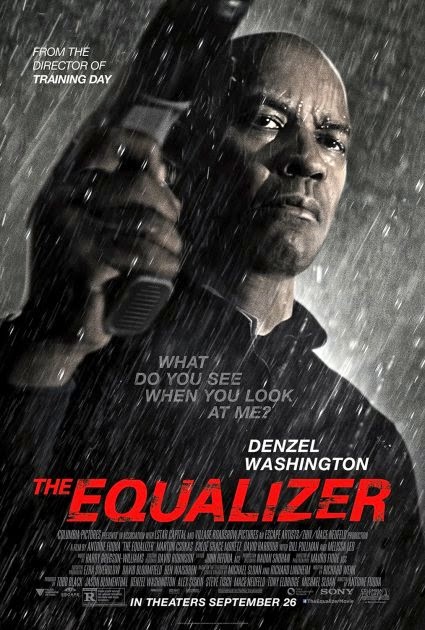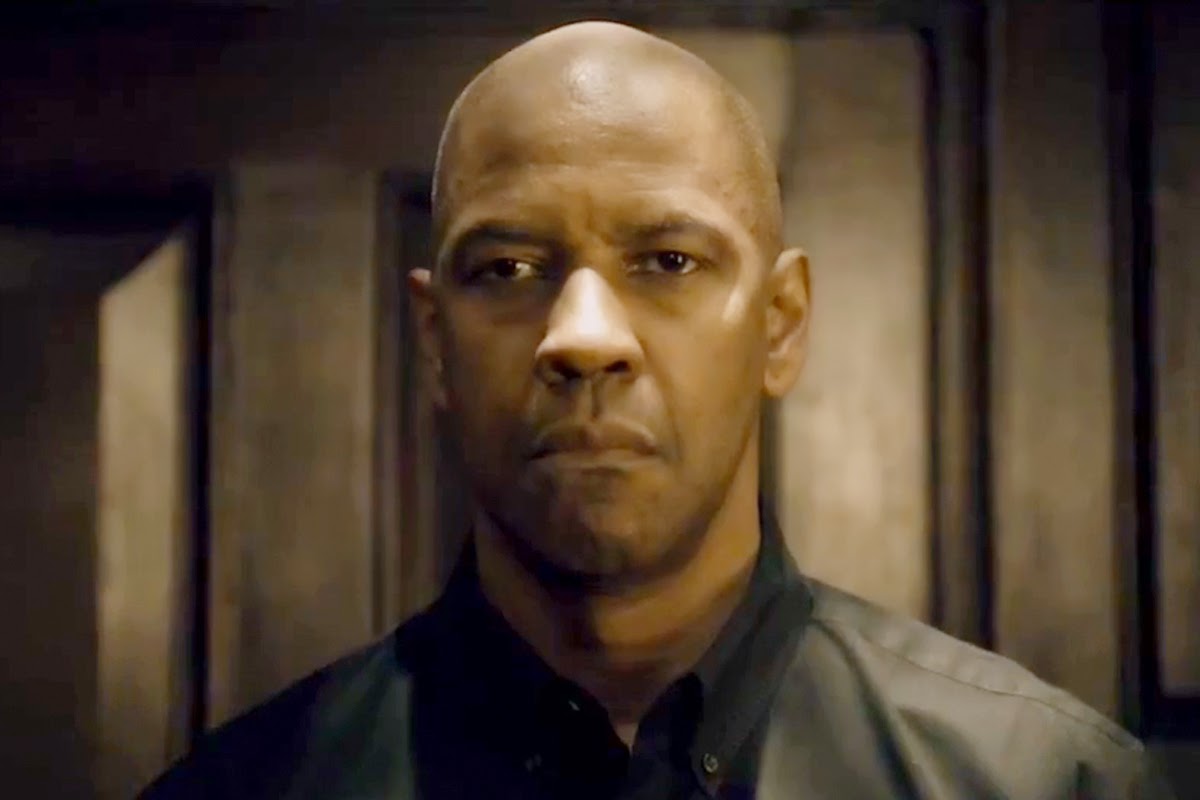THE EXPENDABLES 3
(US - 2014)
Directed by Patrick Hughes. Written by Sylvester Stallone, Creighton Rothenberger and Katrin Benedikt. Cast: Sylvester Stallone, Jason Statham, Mel Gibson, Harrison Ford, Arnold Schwarzenegger, Wesley Snipes, Antonio Banderas, Dolph Lundgren, Kelsey Grammer, Randy Couture, Terry Crews, Jet Li, Kellan Lutz, Ronda Rousey, Glen Powell, Victor Ortiz, Robert Davi. (PG-13, 127 mins)
The third installment of Sylvester Stallone's throwback-to-'80s-action franchise is decidedly the weakest for a variety of reasons, starting with the PG-13 rating. One of the most enjoyable things about the previous two films was its absurdly over-the-top violence, even if the splatter was unconvincingly digital (though an effort was made to wetten things up in THE EXPENDABLES 2), something Stallone has seemed to embrace since turning 2008's RAMBO into the goriest jungle actioner that Ruggero Deodato never made. Both prior EXPENDABLES films were huge hits domestically and internationally, so it's a mystery why distributor Lionsgate and Cannon cover band Millennium/NuImage insist on watering things down to appeal to younger audiences. If the paltry box office of THE LAST STAND, BULLET TO THE HEAD, ESCAPE PLAN, GRUDGE MATCH, and SABOTAGE prove anything, it's that today's teenagers aren't going to see '80s action dinosaurs in theaters. Liken it to a washed-up '80s hair metal band going on tour: if they go out solo, they're playing shitty dive bars with 20 people in the crowd. Send them out on a four or five-band nostalgia package tour, they can book arenas all summer long. Casual moviegoers no longer care about new solo efforts from Stallone or Arnold Schwarzengger or Dolph Lundgren or Jean-Claude Van Damme, but throw them on the same bill, and you've got a hit.
Nearly bloodless action and a PG-13 rating aren't going to bring in the kids, nor is the presence of Kellan Lutz, whose tip-frosted turn in the unwatchable THE LEGEND OF HERCULES should've clued Millennium chief Avi Lerner in to the fact that Kellan Lutz isn't happening. But they attempt it here anyway as the aging Expendables are sidelined for the entire middle of the film after Hale Caesar (Terry Crews) is nearly killed and head honcho Barney Ross (Stallone) breaks up the band to bring in new blood in his vengeance-fueled pursuit of international arms dealer Conrad Stonebanks (Mel Gibson). With the help of wisecracking government operative Bonaparte ('80s action icon Kelsey Grammer), Ross puts together a younger, fresher, high-tech team that includes Smilee (Lutz), Luna (MMA fighter Ronda Rousey), Mars (boxer Victor Ortiz), and Thorn (Glen Powell). It's personal for Ross--when isn't it?--since Stonebanks, long presumed dead, is an original Expendable who turned against his brothers and went rogue for the money. They apprehend Stonebanks at the behest of CIA chief Drummer (Harrison Ford, looking constipated), who orders Ross to bring him in alive because he's set to be tried for war crimes at The Hague. Of course, Stonebanks' goons manage to rescue him since no one bothered to see if he had a GPS tracker on his person, and Ross is left for dead as The Expendables: The Next Generation are kidnapped by Stonebanks. Of course, this means he reluctantly puts the band back together to rescue the newbies, being held at Stonebanks' secret stronghold in "Izmenistan."
Stallone co-wrote the screenplay with the team of Creighton Rothenberger and Katrin Benedikt, whose lone previous credit is scripting another Millennium production, OLYMPUS HAS FALLEN (2013). It hardly matters that Australian director Patrick Hughes (RED HILL) is at the helm, since every Millennium/NuImage joint looks the same, regardless of the cost. They all have dubious-looking greenscreen and amateurish CGI courtesy of the Bulgarian clown crew at Worldwide FX. Other than attracting bigger stars with bigger salaries--which is really where the money goes--there's little difference between an EXPENDABLES movie and any random straight-to-video NuImage title from the 1990s. The explosions are all distractingly phony, and shots of Powell parachuting off a cliff and Stallone running along the top of a building as it collapses look like haphazardly-executed cartoon effects. Plainly visible Bulgarian license plates in scenes set in Arizona and Las Vegas exhibit a carelessness more suited to a 20-year-old Frank Zagarino cheapie than a $90 million summer action movie. The heavy lifting has been farmed out to various FX crews and everyone involved is mostly doing the bare minimum.
That's not to say there aren't things to appreciate throughout. It's nice to see Wesley Snipes on the big screen again, as an imprisoned ex-Expendable known as "Doctor Death," broken out of an off-the-grid Russian prison in a prologue that essentially functions as a Welcome Back party for Stallone's formerly-incarcerated DEMOLITION MAN co-star ("What were you in for?" he's asked. The reply--of course--"tax evasion"). Stallone manages some legitimately heartfelt observations about staying relevant with the onset of age that surprisingly don't rely on quips and one-liners. Ford has an amusing running gag about not being able to understand Statham's accent. There's so many players in the game that almost everyone ends up standing around with little to do. Antonio Banderas is initially amusing as motor-mouthed mercenary Galgo, who desperately wants to be an Expendable (or, as Gibson's Stonebanks calls them, "The Deleteables"), but he overdoes it and a little of him goes a long way. An embalmed-looking Schwarzenegger returns as Trench, but was obviously only around for a few days, since he pops in and out of the story and sits out most of the action, usually waiting with the plane while everyone else goes off for action. Did you ever think you'd see the day where Arnold Schwarzenegger was chauffeuring other action stars around their movie? He still has more to do than Jet Li, who turns up very late in the film and doesn't even seem to know his dialogue. Gibson probably comes off the best as Stonebanks, taking the role far more seriously than is necessary. Banderas tries too hard, but where everyone else is awkwardly delivering one-liners that clang to the ground more often than not, Gibson brings some gravitas and a legitimate sense of menace, even though he had a similar megalomaniacal villain role in last year's MACHETE KILLS. Say what you will about Gibson the man--yeah, he's a racist, an anti-Semite, has anger management issues, and is probably an all-around asshole, and several instances of very public and very ugly meltdowns have all but guaranteed these are the only types of roles he's going to get--but there's no denying he's a star and he's still got it.
THE EXPENDABLES 3 has its enjoyable moments, but it's a letdown after the highly entertaining second film, which was really the only one to explore the dinosaur action star notion to its fullest potential. A PG-13 EXPENDABLES with much of the focus on younger additions is tantamount to willful ignorance on the part of Lionsgate, an example of pointlessly fixing what isn't broken. It's defeating the very purpose of the franchise's existence, which was a sort-of winking, self-referential victory lap for aging '80s and '90s action icons. No one's going to see THE EXPENDABLES 3 to watch Stallone pass the torch to Kellan Lutz. If anything, he should be passing it to Scott Adkins--who did appear as a villainous Van Damme's henchman in EXPENDABLES 2--and it should be in a film directed by Isaac Florentine. Not terrible, but way overlong and easily the least of the series, THE EXPENDABLES 3 has taken this fun franchise one film past its sell-by date and made its name a self-fulfilling prophecy.
The third installment of Sylvester Stallone's throwback-to-'80s-action franchise is decidedly the weakest for a variety of reasons, starting with the PG-13 rating. One of the most enjoyable things about the previous two films was its absurdly over-the-top violence, even if the splatter was unconvincingly digital (though an effort was made to wetten things up in THE EXPENDABLES 2), something Stallone has seemed to embrace since turning 2008's RAMBO into the goriest jungle actioner that Ruggero Deodato never made. Both prior EXPENDABLES films were huge hits domestically and internationally, so it's a mystery why distributor Lionsgate and Cannon cover band Millennium/NuImage insist on watering things down to appeal to younger audiences. If the paltry box office of THE LAST STAND, BULLET TO THE HEAD, ESCAPE PLAN, GRUDGE MATCH, and SABOTAGE prove anything, it's that today's teenagers aren't going to see '80s action dinosaurs in theaters. Liken it to a washed-up '80s hair metal band going on tour: if they go out solo, they're playing shitty dive bars with 20 people in the crowd. Send them out on a four or five-band nostalgia package tour, they can book arenas all summer long. Casual moviegoers no longer care about new solo efforts from Stallone or Arnold Schwarzengger or Dolph Lundgren or Jean-Claude Van Damme, but throw them on the same bill, and you've got a hit.
Nearly bloodless action and a PG-13 rating aren't going to bring in the kids, nor is the presence of Kellan Lutz, whose tip-frosted turn in the unwatchable THE LEGEND OF HERCULES should've clued Millennium chief Avi Lerner in to the fact that Kellan Lutz isn't happening. But they attempt it here anyway as the aging Expendables are sidelined for the entire middle of the film after Hale Caesar (Terry Crews) is nearly killed and head honcho Barney Ross (Stallone) breaks up the band to bring in new blood in his vengeance-fueled pursuit of international arms dealer Conrad Stonebanks (Mel Gibson). With the help of wisecracking government operative Bonaparte ('80s action icon Kelsey Grammer), Ross puts together a younger, fresher, high-tech team that includes Smilee (Lutz), Luna (MMA fighter Ronda Rousey), Mars (boxer Victor Ortiz), and Thorn (Glen Powell). It's personal for Ross--when isn't it?--since Stonebanks, long presumed dead, is an original Expendable who turned against his brothers and went rogue for the money. They apprehend Stonebanks at the behest of CIA chief Drummer (Harrison Ford, looking constipated), who orders Ross to bring him in alive because he's set to be tried for war crimes at The Hague. Of course, Stonebanks' goons manage to rescue him since no one bothered to see if he had a GPS tracker on his person, and Ross is left for dead as The Expendables: The Next Generation are kidnapped by Stonebanks. Of course, this means he reluctantly puts the band back together to rescue the newbies, being held at Stonebanks' secret stronghold in "Izmenistan."
Stallone co-wrote the screenplay with the team of Creighton Rothenberger and Katrin Benedikt, whose lone previous credit is scripting another Millennium production, OLYMPUS HAS FALLEN (2013). It hardly matters that Australian director Patrick Hughes (RED HILL) is at the helm, since every Millennium/NuImage joint looks the same, regardless of the cost. They all have dubious-looking greenscreen and amateurish CGI courtesy of the Bulgarian clown crew at Worldwide FX. Other than attracting bigger stars with bigger salaries--which is really where the money goes--there's little difference between an EXPENDABLES movie and any random straight-to-video NuImage title from the 1990s. The explosions are all distractingly phony, and shots of Powell parachuting off a cliff and Stallone running along the top of a building as it collapses look like haphazardly-executed cartoon effects. Plainly visible Bulgarian license plates in scenes set in Arizona and Las Vegas exhibit a carelessness more suited to a 20-year-old Frank Zagarino cheapie than a $90 million summer action movie. The heavy lifting has been farmed out to various FX crews and everyone involved is mostly doing the bare minimum.
That's not to say there aren't things to appreciate throughout. It's nice to see Wesley Snipes on the big screen again, as an imprisoned ex-Expendable known as "Doctor Death," broken out of an off-the-grid Russian prison in a prologue that essentially functions as a Welcome Back party for Stallone's formerly-incarcerated DEMOLITION MAN co-star ("What were you in for?" he's asked. The reply--of course--"tax evasion"). Stallone manages some legitimately heartfelt observations about staying relevant with the onset of age that surprisingly don't rely on quips and one-liners. Ford has an amusing running gag about not being able to understand Statham's accent. There's so many players in the game that almost everyone ends up standing around with little to do. Antonio Banderas is initially amusing as motor-mouthed mercenary Galgo, who desperately wants to be an Expendable (or, as Gibson's Stonebanks calls them, "The Deleteables"), but he overdoes it and a little of him goes a long way. An embalmed-looking Schwarzenegger returns as Trench, but was obviously only around for a few days, since he pops in and out of the story and sits out most of the action, usually waiting with the plane while everyone else goes off for action. Did you ever think you'd see the day where Arnold Schwarzenegger was chauffeuring other action stars around their movie? He still has more to do than Jet Li, who turns up very late in the film and doesn't even seem to know his dialogue. Gibson probably comes off the best as Stonebanks, taking the role far more seriously than is necessary. Banderas tries too hard, but where everyone else is awkwardly delivering one-liners that clang to the ground more often than not, Gibson brings some gravitas and a legitimate sense of menace, even though he had a similar megalomaniacal villain role in last year's MACHETE KILLS. Say what you will about Gibson the man--yeah, he's a racist, an anti-Semite, has anger management issues, and is probably an all-around asshole, and several instances of very public and very ugly meltdowns have all but guaranteed these are the only types of roles he's going to get--but there's no denying he's a star and he's still got it.
THE EXPENDABLES 3 has its enjoyable moments, but it's a letdown after the highly entertaining second film, which was really the only one to explore the dinosaur action star notion to its fullest potential. A PG-13 EXPENDABLES with much of the focus on younger additions is tantamount to willful ignorance on the part of Lionsgate, an example of pointlessly fixing what isn't broken. It's defeating the very purpose of the franchise's existence, which was a sort-of winking, self-referential victory lap for aging '80s and '90s action icons. No one's going to see THE EXPENDABLES 3 to watch Stallone pass the torch to Kellan Lutz. If anything, he should be passing it to Scott Adkins--who did appear as a villainous Van Damme's henchman in EXPENDABLES 2--and it should be in a film directed by Isaac Florentine. Not terrible, but way overlong and easily the least of the series, THE EXPENDABLES 3 has taken this fun franchise one film past its sell-by date and made its name a self-fulfilling prophecy.






































